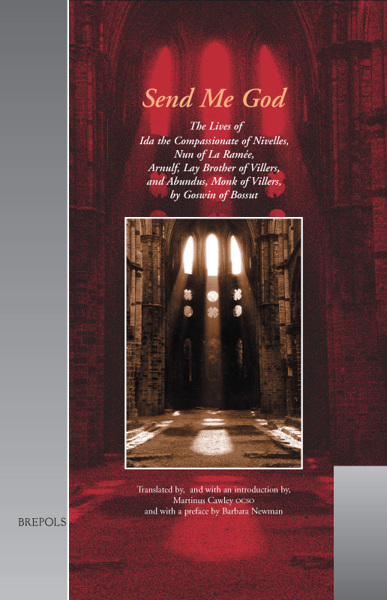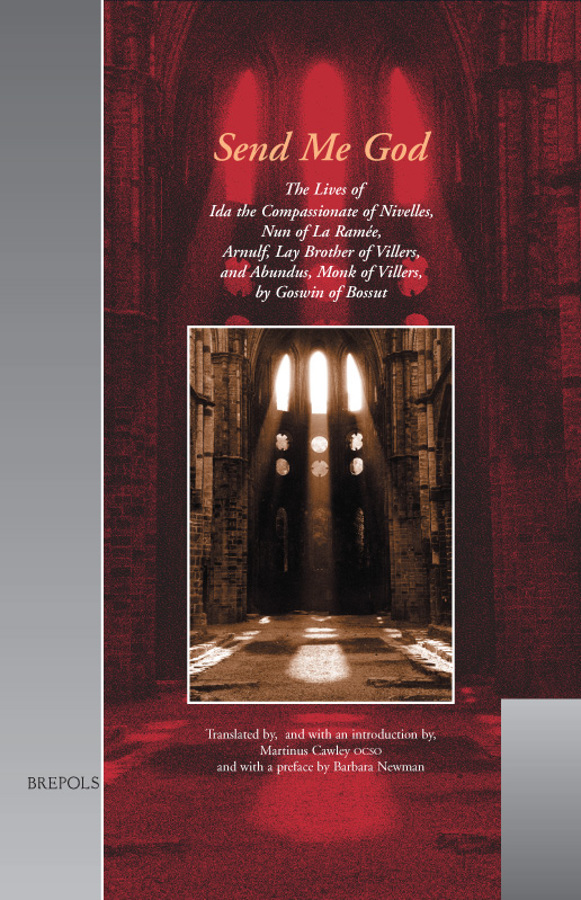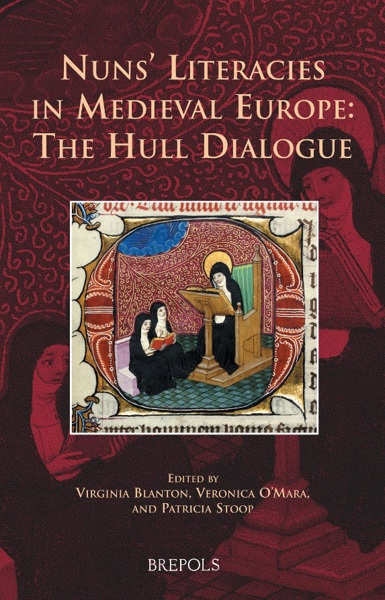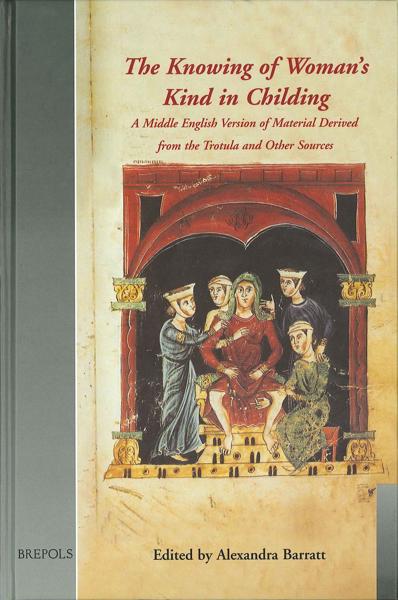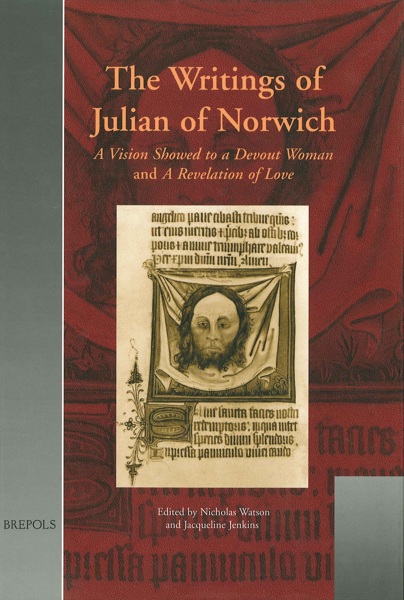
Send me God
The Lives of Ida the Compassionate of Nivelles, Nun of La Ramée, Arnulf, Lay Brother of Villers, and Abundus, Monk of Villers, by Goswin of Bossut
Martinus Cawley
- Pages: 258 p.
- Size:160 x 240 mm
- Illustrations:4 b/w
- Language(s):English
- Publication Year:2003
- € 40,00 EXCL. VAT RETAIL PRICE
- ISBN: 978-2-503-51435-2
- Hardback
- Available
- € 40,00 EXCL. VAT RETAIL PRICE
- ISBN: 978-2-503-52640-9
- E-book
- Available
This volume is comprised of translations of a trilogy of Cistercian lives composed by the same hagiographer at the celebrated abbey of Villers in Brabant.
"This is an important resource for a knowledge of the era; it is made especially valuable by the quality of Fr Martinus' scholarship and his remarkable tenacity for ferreting out information on minor details." (M. Casey in Tjurunga, 66/2004, p.87-89)
In the early thirteenth century the diocese of Liège witnessed an extraordinary religious revival, known to us largely through the abundant corpus of saints' lives from that region. Cistercian monks, nuns, beguines, and recluses formed close-knit networks of spiritual friendship that easily crossed the boundaries of gender, religious status, and even language. Holy women such as Mary of Oignies and Christina the Astonishing were held up by their biographers as models of orthodoxy and miraculous powers. Less familiar but no less fascinating are the male saints of the region. In this volume Martinus Cawley, ocso, has translated a trilogy of Cistercian lives composed by the same hagiographer, Goswin, who was a monk and cantor at the celebrated abbey of Villers in Brabant. Although all three of these saints were connected with the same order, their versions of holiness represent a study in contrasts, from the compassionate nun Ida of Nivelles, remarkable for her eucharistic raptures, to the fiercely ascetic lay brother Arnulf, to the gentle monk Abundus, renowned for his deep liturgical and Marian piety. The title Send Me God derives from a revealing catch-phrase that devout men and women used to request prayers from their spiritual friends.
